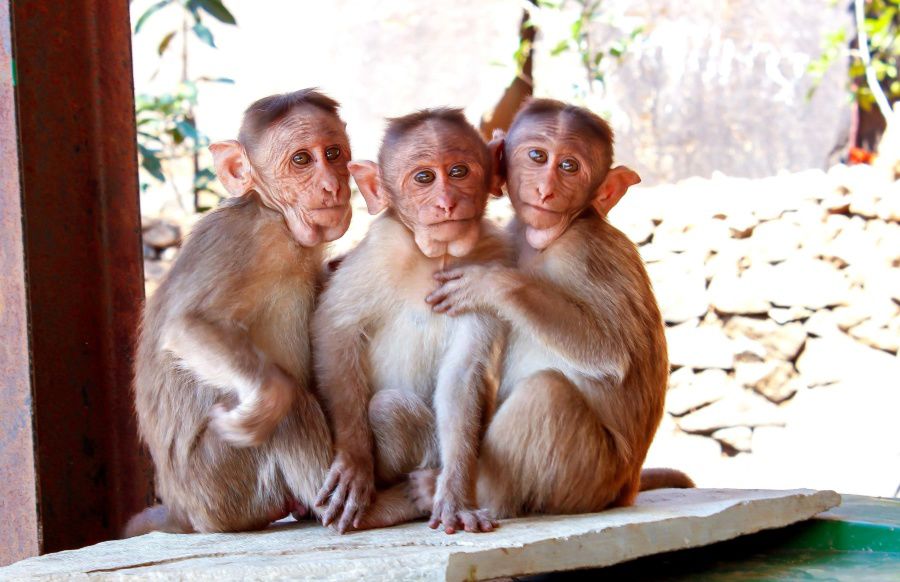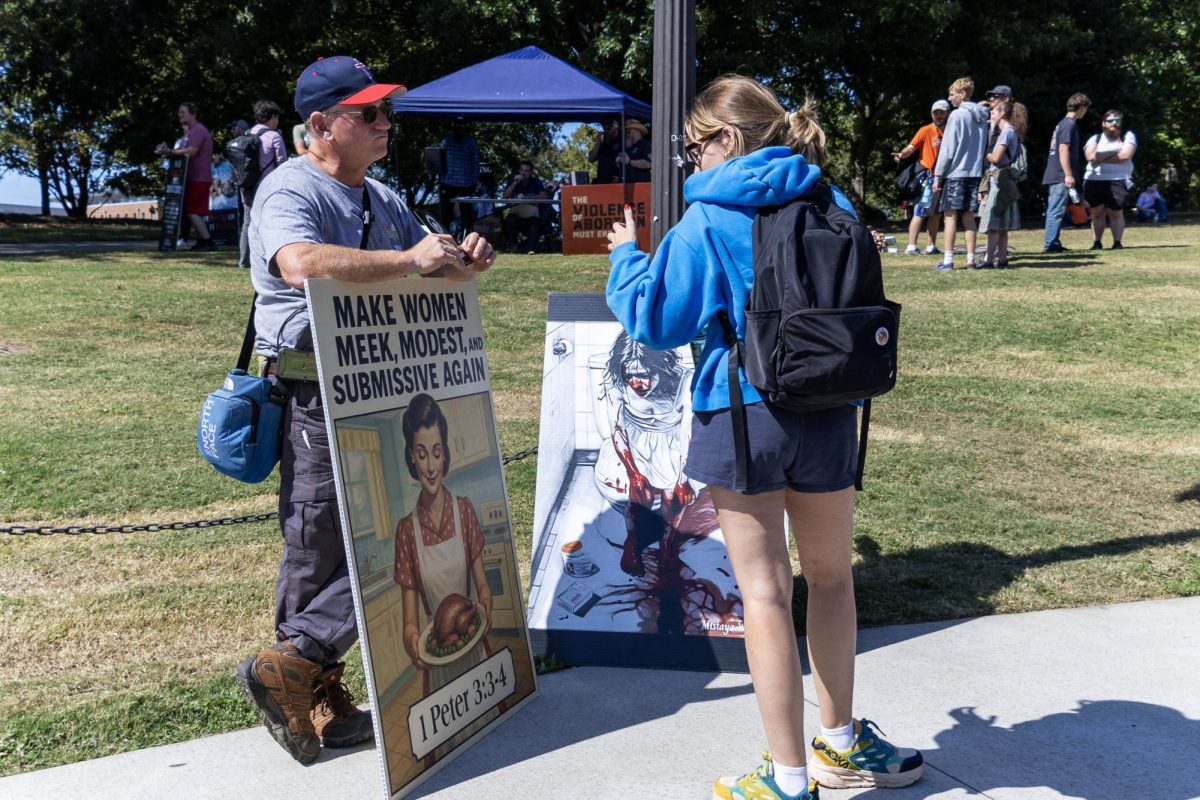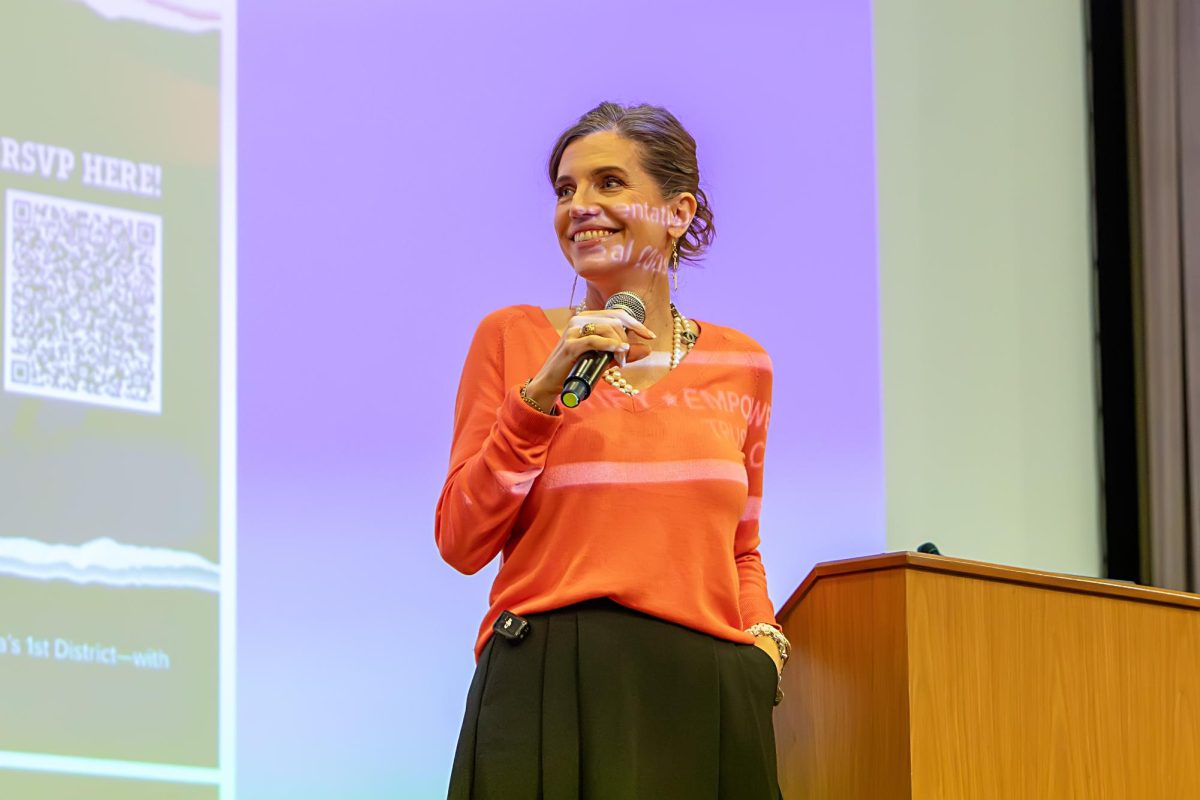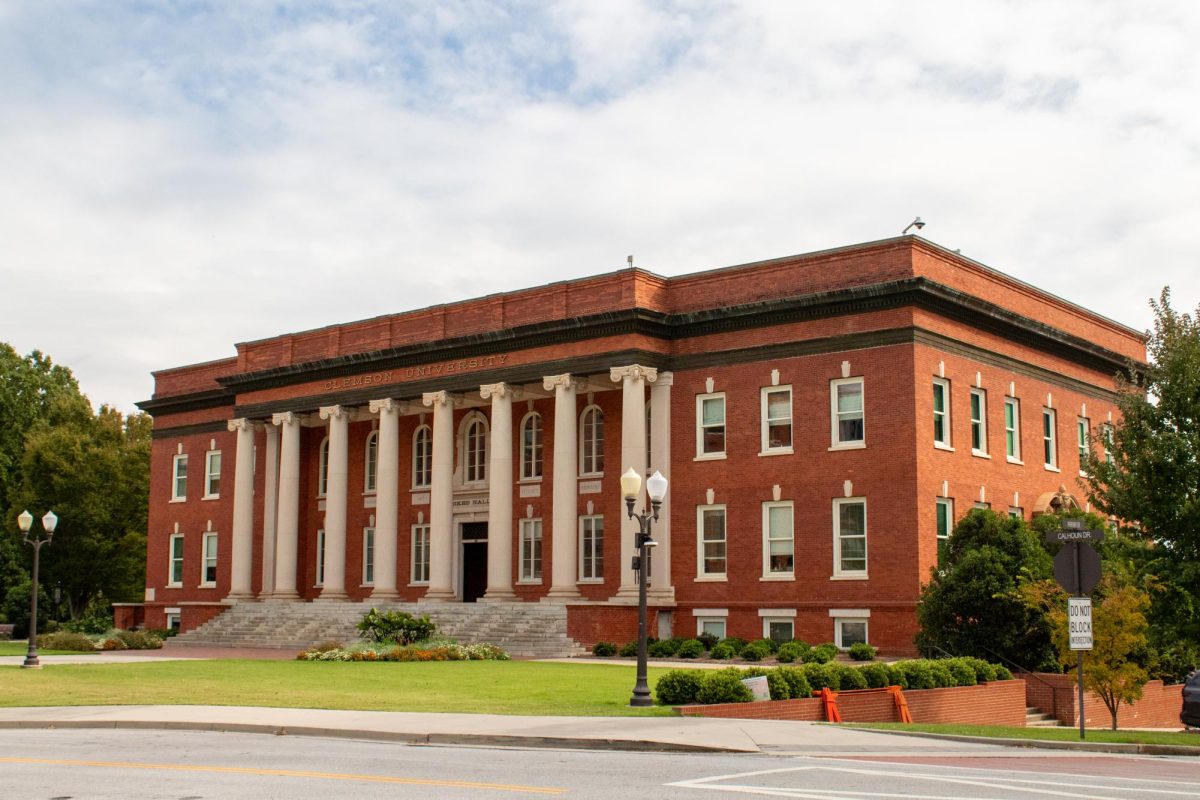Cloning has been a popular and somewhat frightening topic in science fiction for ages. Although scientists have been successful in cloning species like sheep and mice, there has always been an issue with cloning primates; until now.
Published in Cell in January 2018, scientists of the Chinese Academy of Sciences were able to successfully clone macaque monkeys (Maca fascularis) by somatic cell nuclear transfer (SCNT).
Non-human primates are ideal animal models in studying human disease. Primates, whether human or monkey, share unique physiological functions, and this can be used to help develop treatments.
The cloning method used by the scientists can, in theory, produce an unlimited numbers of clones from a single donor. This provides researchers with genetically uniform primate animal models for studies. Genetic uniformity is ideal for animal models, but since non-human primates have a long generation time, certain methods like the inbreeding approach for rodent models cannot be used.
Dolly, the famous sheep, was also cloned by the SCNT method. SCNT involves taking the nucleus from one animal’s cell and placing it into another animal’s egg that has had its nucleus removed earlier. The egg is then driven into development by treatment with enzymes that return it to an early embryonic state. Then, the egg is implanted into a surrogate.
The researchers implanted 79 embryos into 21 monkey surrogates, which resulted in six pregnancies. From this, two macaque monkeys were born healthy, and analysis of their DNA confirmed that they were indeed clones.
Currently, we are still nowhere close to cloning humans. Nevertheless, this discovery has helped pave the way for the use of genetically uniform monkey models for research, and the team hopes to explore this themselves in the future. They claim the first research they hope to do with these models is for Alzheimer’s and Parkinson’s diseases.
Categories:
Tigra Scientifica: Monkeying around with cloning
Grace McNamara, Contributor
April 16, 2018
0
Donate to The Tiger
Your donation will support the student journalists of Clemson University. Your contribution will allow us to purchase equipment and cover our annual website hosting costs.
More to Discover









